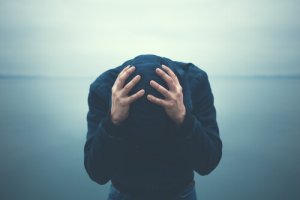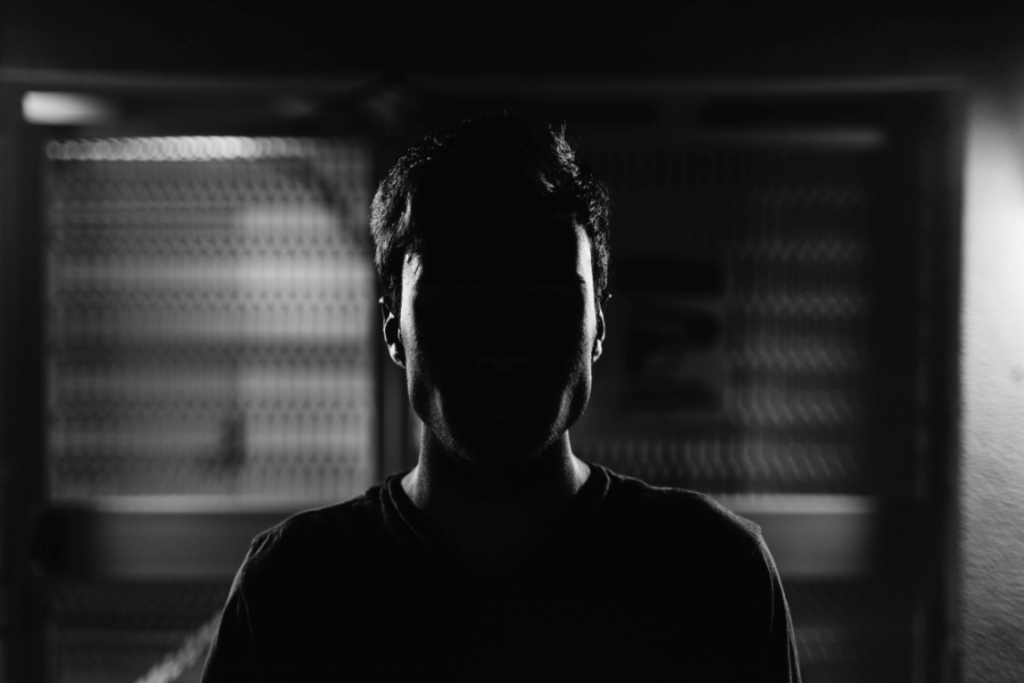What Can we do to Prevent Relapses into Anxiety Problems?

Anxiety is so present in our daily lives that sometimes it doesn’t take much to make it overflow. That’s when we start to look for ways to solve the problem. We go to the doctor or the psychologist and set strategies in motion…. But after that, how can we prevent relapses?
We can do it by training ourselves with a series of tools that can help us with our goal to stop anxiety from coming back. In this article we’re going to talk about these tools, and how you can use them to avoid a relapse.
“We can’t avoid anxiety, but we can reduce it. The key to anxiety management lies with reducing it to normal levels and then using this normal anxiety as a stimulant to increase our self-perception, watchfulness, and desire for life.”
-Rollo May-
Tell me what treatment you’ve had and I’ll tell you how to prevent relapses
The first thing you have to keep in mind is that our effectiveness when it comes to preventing relapses will depend on the treatment we’ve undergone to manage anxiety at an early stage. It might not seem like something that’s relevant, but it’s the most important thing of all.
So, if we’ve chosen to take some kind of mood-altering drug, it will be harder for us to prevent relapses on our own. Let me explain.
With pharmacological therapy, we take a pill that makes our anxiety levels go down, but if t his is not alongside a psychological intervention, we’re not going to have any other strategies for anxiety management besides medicating ourselves.

If you’ve gone to a good psychologist, they’ve probably given you some resources for emotional control that you can use in situations when you’ve lost your sense of balance.
So we can apply these and to prevent turning to a pill. That’s why, even if it takes more effort on our part, psychological intervention is preferable for avoiding relapses.
What can we do at an early stage to prevent relapses?
If you’ve chosen a suitable psychologist, one with a cognitive-behavioral focus, you’ve probably been given some tools to manage your thoughts and emotions during your therapy. But just like all the skills we learn during our lives, you have to keep on practicing them if you don’t want to lose them.
“Imagination never takes over the mind as firmly as when it sees that the mind is empty and unoccupied.”
-Johnson Burton-
So following through with some exercises, even if only every once in a while, should be the first step to preventing relapses. Think, for example, about how when we learn a language, if we stop speaking it, we lose our abilities really quickly.
It’s just the same with anxiety – if we stop applying emotional control strategies, it will be harder for us to use them when we really need to.
That is, we have to work to keep up the changes we received from therapy. The work doesn’t end when the intervention is over and the psychologist discharges us. It stays in our daily lives, so our emotional health largely depends on our own efforts.
“The ability to tolerate anxiety is important for an individual’s self-actualization, and for them to conqueir their environment. A person can only reach actualization only if they can keep moving forward despite emotional setbacks. This shows us what a constructive use of anxiety can be.”
-Kurt Goldstein-
One step further in relapse prevention
You don’t just have to keep practicing, you also have to remember the information you got in therapy through psychoeducation. So let’s not throw the role of thoughts in the emotional process into the box of forgetfulness.
You already know we all have unadjusted thoughts, so you’ll have to pay attention to identify, classify, and question them if they seem suspicious.

This will also help you identify the situations that might be anxiety generators. In this way we can use the tools we worked so hard to gain.
Remember you’ve already learned to solve problems before, so you can see the next ones as challenges or tasks and not as threats that endanger abstract things, like our image.
Don’t forget that the sun doesn’t shine just as brightly every day. Let me explain. Each and every one of us has bad days. In a way, this is a natural part of being human. What we can decide on is our way of confronting those days or not seeing a day that started badly as one that will stay bad.
In fact, a lot of days that start out bad stay that way because of our anxiety. It makes us lose our bearings and plays the role of the wizard which causes the phenomenon of the self-fulfilling prophecy.
Lastly, if you need to go to a psychologist again, that’s alright. It is in no way a failure and it doesn’t mean you’ve lost everything you’ve gained up to that moment. It’s best to do it on the early side, before the anxiety gets stronger!
Images courtesy of Mike Wilson, Malik Earnest and Mauro Mora.
This text is provided for informational purposes only and does not replace consultation with a professional. If in doubt, consult your specialist.








